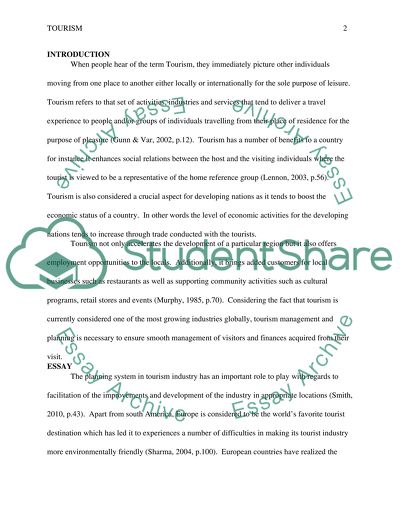Cite this document
(“Tourism Planning within Europe: Economic Approach to the Development Essay”, n.d.)
Tourism Planning within Europe: Economic Approach to the Development Essay. Retrieved from https://studentshare.org/tourism/1432503-tourism-planning-within-europe-is-still-dominated
Tourism Planning within Europe: Economic Approach to the Development Essay. Retrieved from https://studentshare.org/tourism/1432503-tourism-planning-within-europe-is-still-dominated
(Tourism Planning Within Europe: Economic Approach to the Development Essay)
Tourism Planning Within Europe: Economic Approach to the Development Essay. https://studentshare.org/tourism/1432503-tourism-planning-within-europe-is-still-dominated.
Tourism Planning Within Europe: Economic Approach to the Development Essay. https://studentshare.org/tourism/1432503-tourism-planning-within-europe-is-still-dominated.
“Tourism Planning Within Europe: Economic Approach to the Development Essay”, n.d. https://studentshare.org/tourism/1432503-tourism-planning-within-europe-is-still-dominated.


